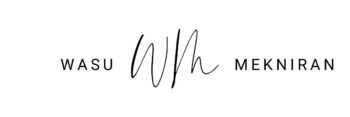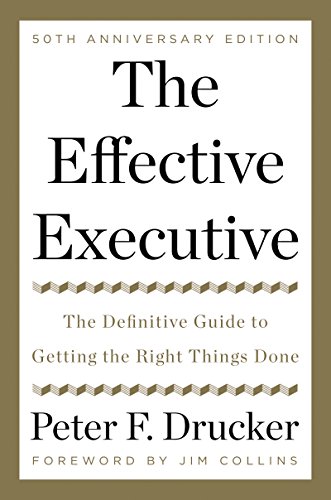Category: Corporate Skills
(19 von 100)
Why: I need to achieve more in limited hours at work.
Goal: cultivate effectiveness in one’s profession.
Table of Contents
Action: Ask “What needs to be done now?”
3 Key Concepts
Summary
Am I being useful?
Contribution is doing what matters. Peter pointed the faulty attitude on one’s career. Many people ask “How can I become successful at what I do?”, instead of “How can I be useful for others?”
When one is ultimately useful, one is effective and valuable. Success comes from being useful for the community. What happens when you are the most useful person in the company? Well, success happens. Peter suggested that we take the following steps to ensure effectiveness and become useful.
There are 3 phases to these 8 steps:
- Gather knowledge (1,2)
- Translate knowledge to action plan (3-6)
- Ensure the execution. (7,8)
- What needs to be done?
- What is right for the enterprise?
- Develop action plans.
- Take responsibility for decision.
- Take responsibility for communicating.
- Focus on opportunity rather than problems.
- Run productive meetings.
- Say ‘We’ rather than ‘I’.
Note: until knowledge is translated into action plans, it is useless.
Napoleon allegedly said that no successful battle ever followed its plan. Yet Napoleon also planned every one of his battles, far more meticulously than any earlier general had done. Without an action plan, the executive becomes a prisoner of events.
Peter F. Drucker
Make a Not-To-do list. Only have a To-do list is sloppy. Because you are risking doing worthless tasks on the list. The antidote is to measure your time. Know where it goes by digits, do not guess.
The other way to save your time is to “Do-nothing”. Funny huh? I find this to be an eye-opening insight. We take everything that comes at us as a “must-do”. Consequently, these things interfere with the main thing we set off to do. Here is how to “Do nothing” about it.
First, frankly ask the team “Is a decision really necessary?”.
Second, find out the answer with “What will happen if we do nothing?”. Likely there are some consequences, but many times they are trivial.
Third, muster up the courage to “Let it take care of itself”.
I remembered what Tim Ferris said. “develop the habit of letting small bad things happen. If you don’t, you’ll never find time for the life-changing big things, whether important tasks or true peak experiences.”
The uniqueness of Time
Time is the scarcest resource. 2nd resource is money which can be lent, 3rd resource is people who can be hired. However, one cannot lend, hire, buy, or otherwise obtain more time.
The supply of time is totally inelastic, no matter how high the demand, the supply won’t go up. Moreover, time is perishable and can’t be stored… Therefore, time is always in exceedingly short supply.
Peter F. Drucker
Scarcity: we learned that it is demand rather than supply that determines economic growth.
Put your strength to work.
Keeping in mind that time is limited, focusing on the absence of weakness leads to mediocrity. One should ask “How do I contribute with my skills to the cause?” If your strength is not at the level of competence, then make that your priority.
What’s one does not have in one’s feet, one’s gotta have in one’s head. It is so to say, the conservation of time.
Slavic proverb
Overall, I find the book well-balanced between concrete steps and concepts. The main point is about how one should aim to contribute at all times.

Goal check: I learned how to cultivate one’s effectiveness in any enterprise.
Wasu’s Review
( 5.0 / 5.0 )
Get this book on Amazon here!

